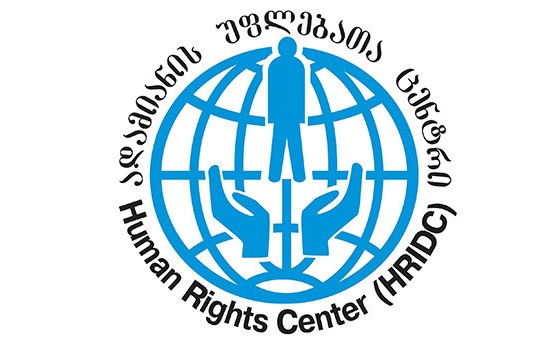On April 7, on the day of Annunciation, the President of Georgia Salome Zurabishvili pardoned 9 convicted women. As reported by the President’s administration, all of the pardoned convicts are mothers of at least one minor, and none of them have been convicted for violent crimes.
HRC welcomes the human act of the state institution, which aims to rehabilitate/re-socialize and reintegrate the inmates into the society as plenipotentiary members. Nevertheless, it must be noted that inconsistent and obscure application of the pardon mechanism by the President is still problematic, which has already become topic of public dispute and criticism many times.
In 2020, the inmates of the prison N5 for female convicts started hunger-strike to demand amendments in the rules of pardoning. It once again demonstrated how important it is to have correct communication with the convicts and create clear expectations for them. The convicted women petitioned the President of Georgia to request amendments in the rule of pardon power in order to make it more human. Absolute majority of the inmates signed the petition. In response to their request, few days later, they received a letter demonstrating the readiness of the President’s administration to fulfill their requirement. Consequently, the convicted women stopped protest and expected positive decision.
A new wave of protest started on April 7, after the President released a new decision and pardoned nine female prisoners. The convicted women permanently contact the HRC lawyers and during the phone conversation they informed the organization that the President’s administration continues unequal approach to the inmates.
The Minister of Justice Thea Tsulukiani denied the information about hunger-strike of the female convicts.
In this regard, HRC calls on the Minister of Justice to provide the society with the true information.
The state of the convicted people is particularly complicated because of the spread of COVID-19 in the country. Among them are the people who belong to high-risk category, like elderly people and people with chronic diseases. Above that, they worry about temporary restriction of the visits of family members as well as other rights.
According to the recent information, the convicted women temporarily stopped hunger strike though their requests to the President of Georgia are the same.
Human Rights Center calls on:
The President of Georgia:
- To take the existing situation into account and make decisions on pardoning the convicts in due respect of the human purposes of the mechanism;
- To ensure correct communication with the society, including prisoners, when applying the pardon power; to make the pre-conditions and procedures public and transparent to mitigate chances of discreditation and mistrust towards the President’s institute.
The Government of Georgia:
In the context of the pandemic threats, to take all lawful measures and to demonstrate maximum humanity towards juvenile and female convicts.
Human Rights Center
News
December 13, 2023
Ethnic minorities outside the peace dialogue
November 6, 2023
‘Peace’ agenda of political parties
Popular
Articles
February 13, 2024




